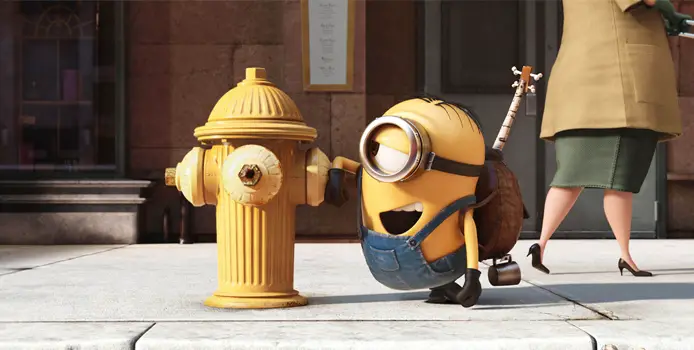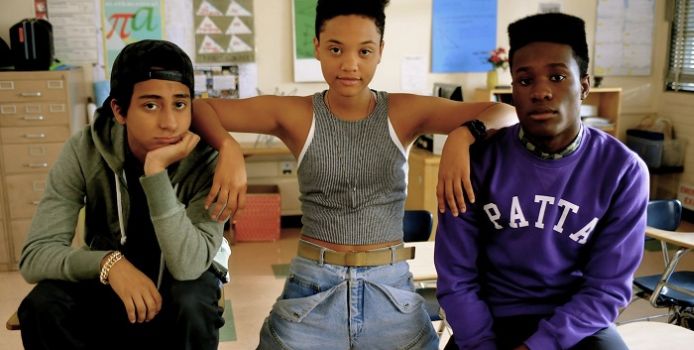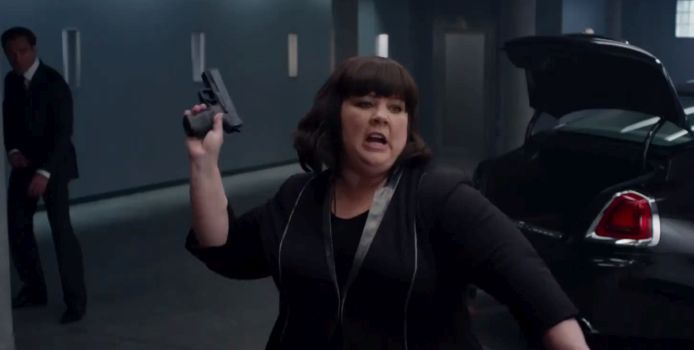comedy
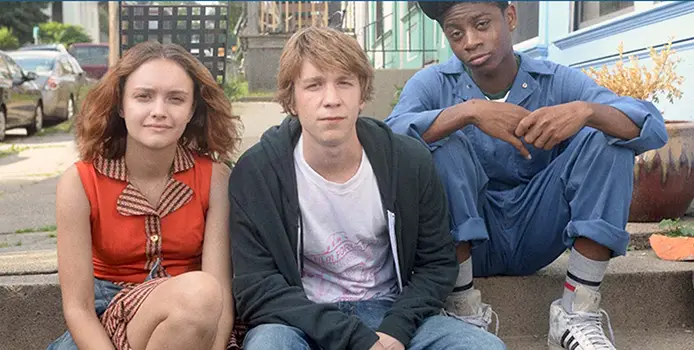
Although not without empathy, it is hard to argue against the statement that teenagers are some of the most self-centred people alive. I know this from being a particularly self-centred teenager, who at thirteen regularly made statements of self-loathing in order to gouge sympathy and attention from my peers. It was an attention seeking phase that I mercifully grew out of very quickly, but I can at least be forgiven for it for being young and stupid.

Even though he’s often stereotyped as solely a director of inferior British gangster films, based on his first two releases Lock, Stock and Two Smoking Barrels and Snatch, Guy Ritchie is actually more of an experimental director than you may initially realise. Even though his early films were successful and enjoyable guilty pleasures, Ritchie had something of an insatiable need to be taken seriously, looking towards the European arthouse for inspiration. His third feature Swept Away, starring his then wife Madonna, was a remake of a satirical 1974 Italian film not widely known to international audiences.

Entourage is an extremely puzzling film. Keeping in mind that the TV show giving rise to the film is superficial in nature, I don’t mean puzzling in the way you’d describe an Alain Renais film as puzzling. No, it is the reasons and decisions around everything to do with the film that I don’t quite understand.

If it were not for Paul Thomas Anderson, there is a (very) good chance I wouldn’t be interested in writing about movies. It is because of his films that I take time to write for this humble little website. When I was a high school senior in 2009, my interest in movies inflated dramatically, and I watched a movie just about every night.

Design studio Art & Graft have injected a welcome sense of humour into 1150 Canyon Road, a dark and stylish crime animation. The London-based animation team, led by creative director Mike Moloney, have done a stunning job of throwing together a narrative and several brilliant characters in just two and a half minutes and a single shot. Combining the paranoid, ’80s crime caper themes of L.

The arcade was video games’ greatest legacy. In a simpler time, before gaming consoles became mobile and placed within the home, the arcade was at the heart of the world’s most ultimate video gaming experience. As an impact, the popularity of the arcade video games snowballed into the animated characters that we now see onscreen – among them the likes of Donkey Kong and Pac-Man.
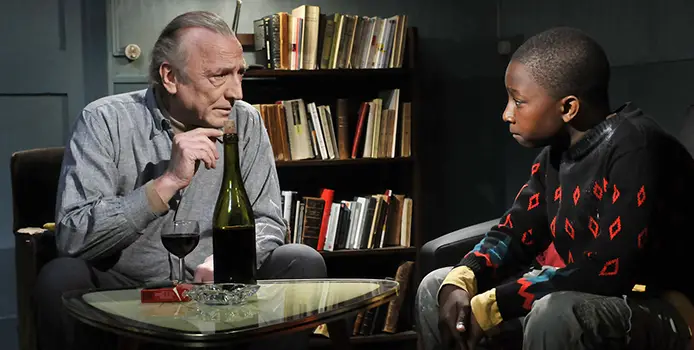
Le Havre (2011) is a still, quiet and dryly hilarious film. It has many of the qualities of a Japanese master like Mizoguchi, but if he had emigrated to a small French port and had been forced to make working class comedies. It focuses on a shoe shiner called Marcel Marx whose wife contracts a seemingly terminal disease.
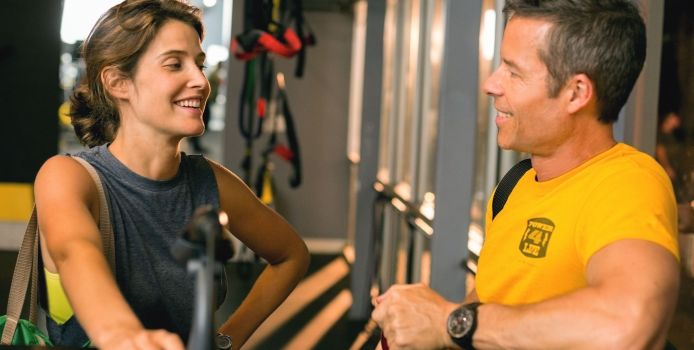
At the start of Andrew Bujalski’s latest film, Results, Danny (Kevin Corrigan) entreats his wife, Christine (Elizabeth Berridge), from the street below the open window of their New York apartment to let him back into the marital home. She closes the window, so he grabs its ledge in an attempt to pull himself up to and through the plate glass barrier. Danny, who carries Corrigan’s rosaceous, wan features, brittle hair, and generous paunch (sorry, Kevin), quickly drops to the ground.
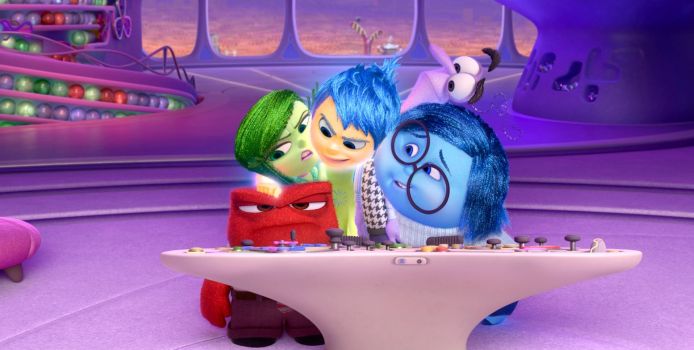
Inside Out is the latest in a long line of Pixar films that deal with the personification of something that you may have thought to be emotionless. Rather than bugs, toys, or fish this time, though, it is dealing directly with emotions themselves. What if the inner workings of our head were similar to an operational business, where our emotions literally guide and influence the actions in our daily life?



